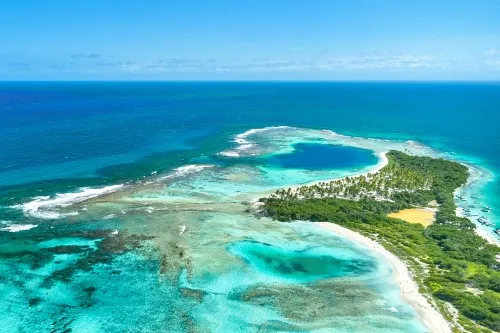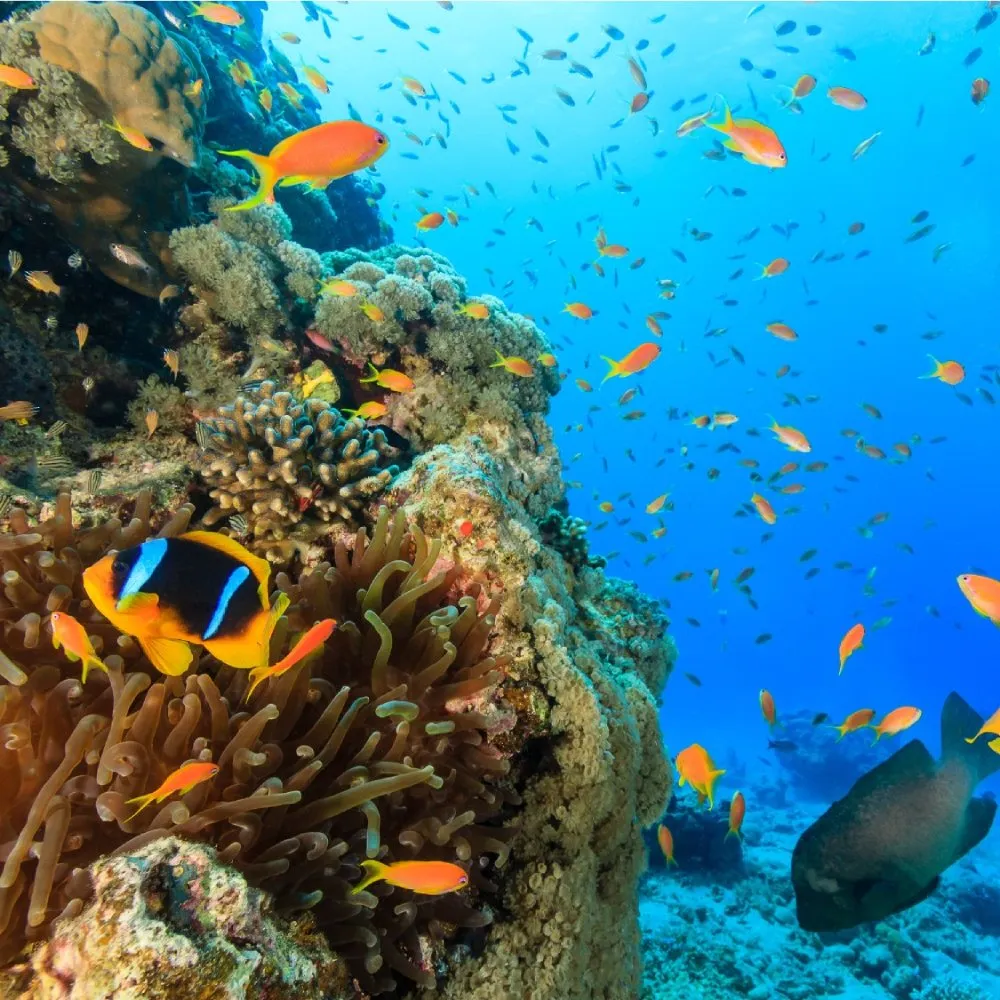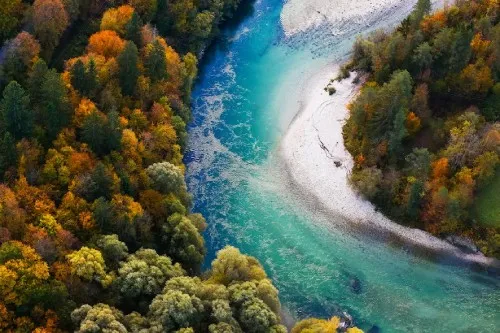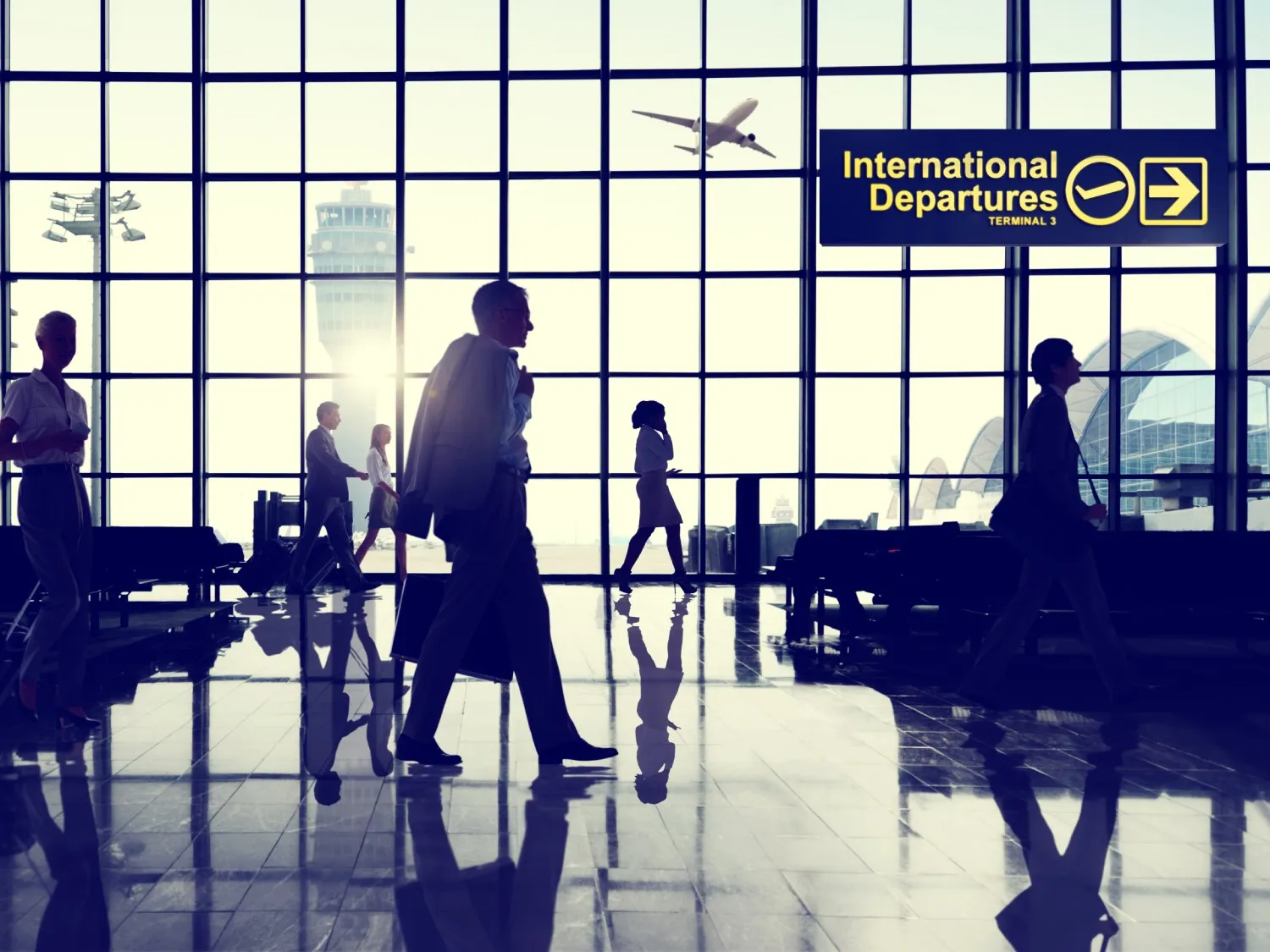Travel & Tourism growth is outpacing that of the global economy, and while WTTC data shows that the sector’s environmental footprint is being decoupled from its economic growth, we must accelerate this trend to meet the UN Sustainable Development Goals, Paris Climate Agreement and Convention on Biological Diversity. It is essential, that together, we ensure tourism growth is sustainable and inclusive, contributing positively to the communities, natural ecosystems, and cultural heritage upon which our sector depends.
We create a wide range of sustainable tourism reports, roadmaps and guidance covering climate, environment and social topics. You'll find much of this on our Research Hub as well as through the sections below.
Our Sustainability Initiatives
WTTC works on a number of sustainable tourism initiatives with leading associations & organisations to ensure that Travel & Tourism benefits people and businesses, as well as nature & the environment. These include:
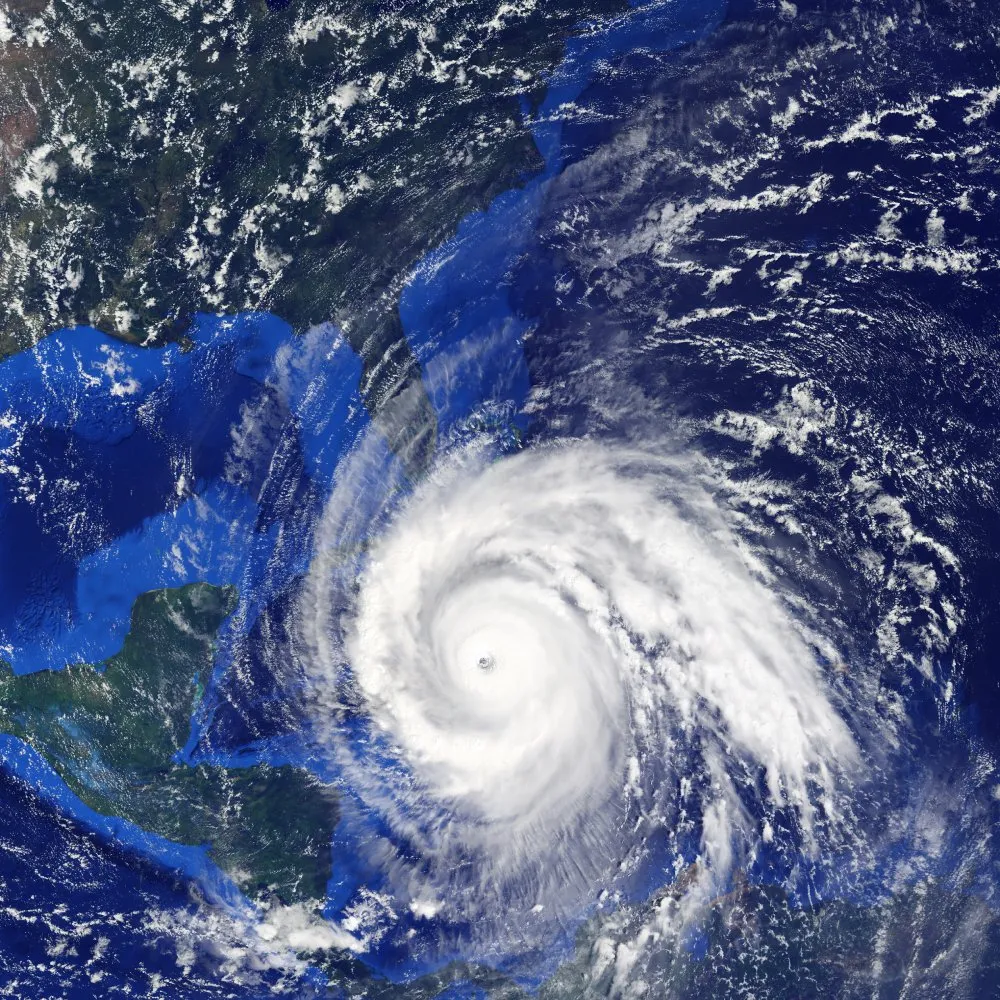
Climate
According to WTTC’s Environmental and Social Research, Travel & Tourism contributes 6.5% to overall global GHG emissions. While the sector’s emissions intensity has steadily fallen since 2010, we must start decreasing our sector’s absolute emissions in order to achieve net zero by 2050. WTTC therefore works with partners to recommend industry-specific decarbonisation pathways and ambitions, Net Zero tourism guidance and roadmaps covering scopes 1-3, and baseline data to support decision-making.
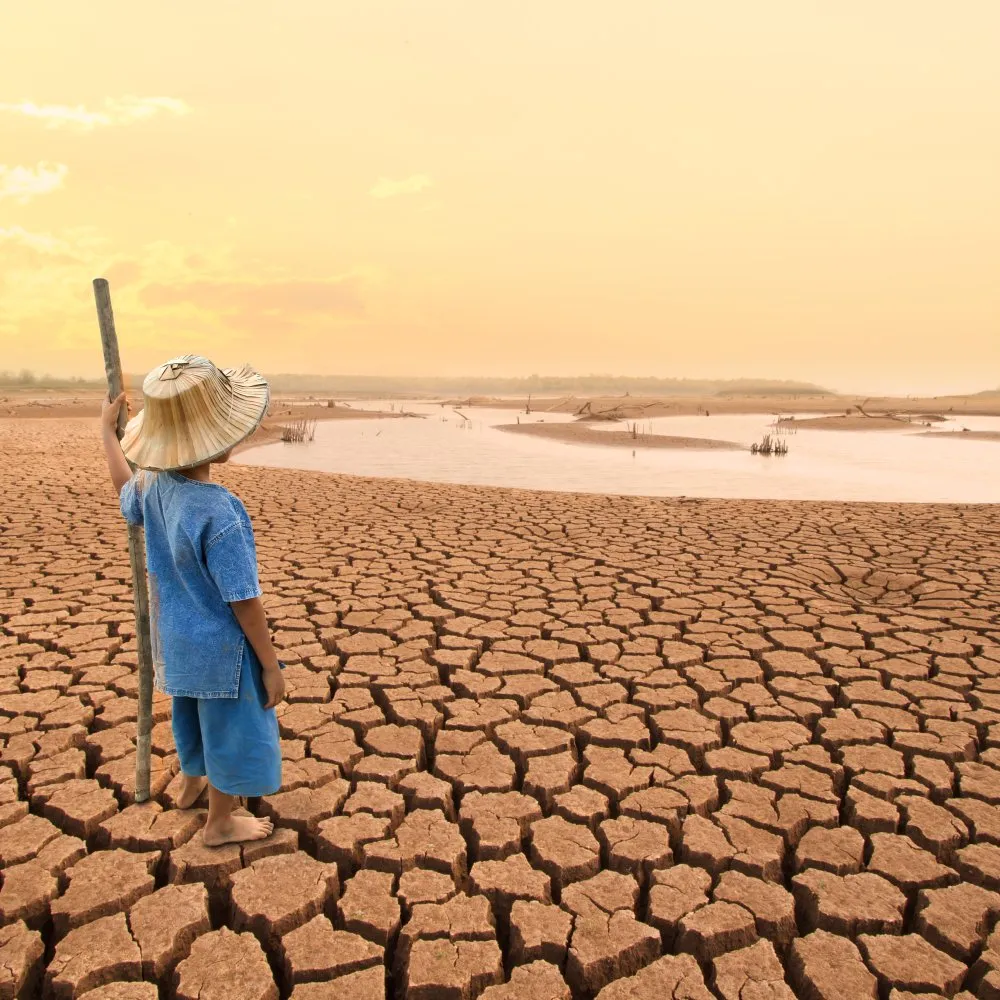
Environment
Travel & Tourism is intrinsically linked to biodiversity and nature. Over half of the sector’s demand is driven by the desire to explore nature and it is one of six economic sectors with over 80% of its goods and services highly dependent on nature. At the same time, tourism revenue and the presence of visitors, fuel conservation efforts, protected areas, and local economies.
The sector's interdependence with our natural surroundings places it in a unique position to act as a Guardian of Nature. As such, WTTC works with partners to deliver critical guidance on areas such as single-use plastic reduction strategies, freshwater management roadmaps, and Nature Positive approaches to integrate biodiversity safeguards that protect and restore nature.
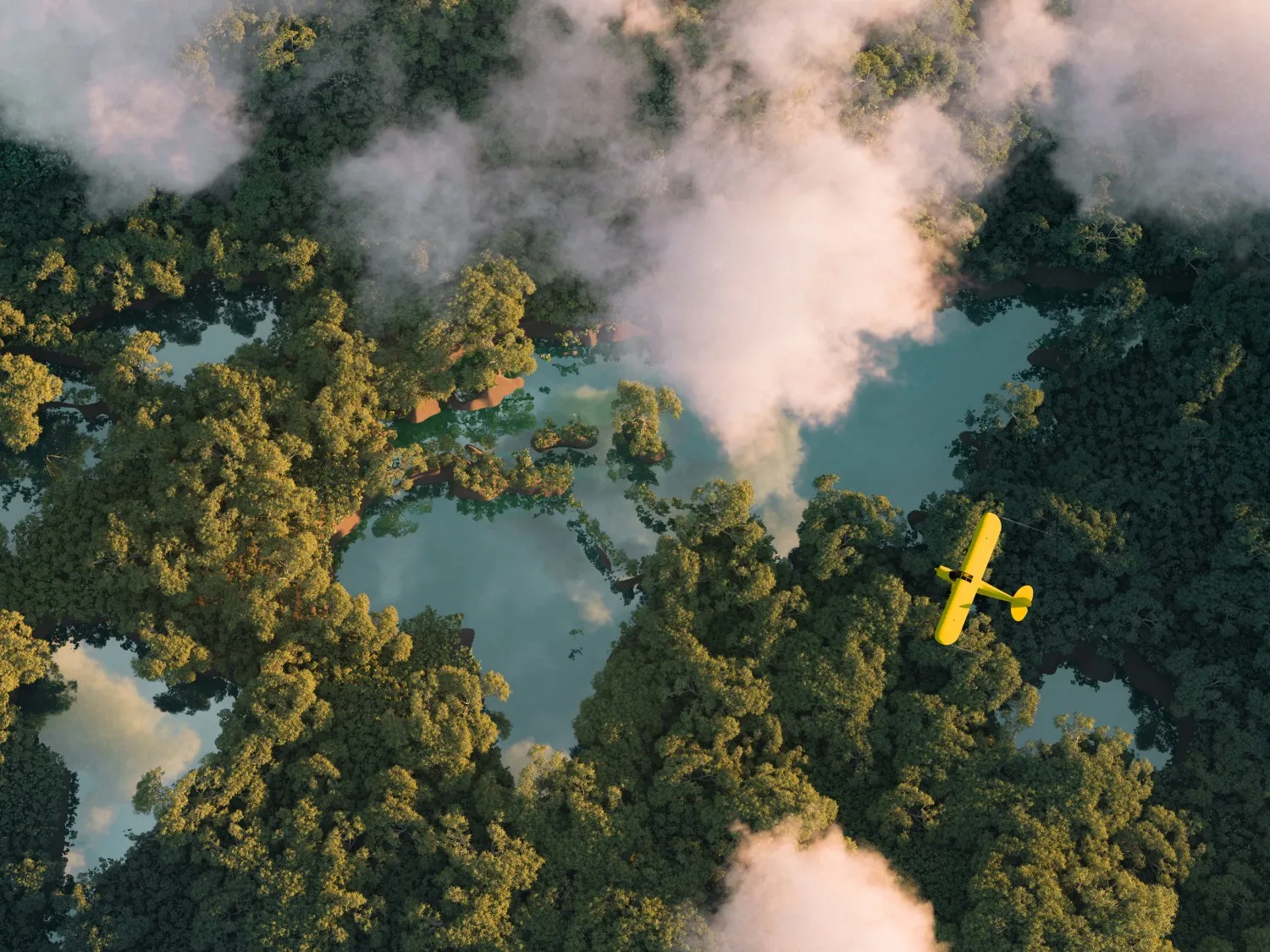
Environmental and Social Research (ESR) Data
Sustainable Travel & Tourism relies on robust data to inform management. Therefore, WTTC has expanded its economic impact reporting to include the environmental and social footprint of Travel & Tourism across 184 economies – both direct impacts and across its value chain. Indicators of the Environmental and Social Research (ESR) include greenhouse gas emissions (GHGs), water use, energy use and composition, as well as the gender, age and wage profiles of Travel & Tourism employment.
See our latest report on environmental and social research: Travel & Tourism Environmental & Social Research: 2024 Update (Summary of Findings)
Explore in-depth the data and associated analyses on our ESR factsheets, and engage with our interactive ESR microsite on Environmental and Social Research.
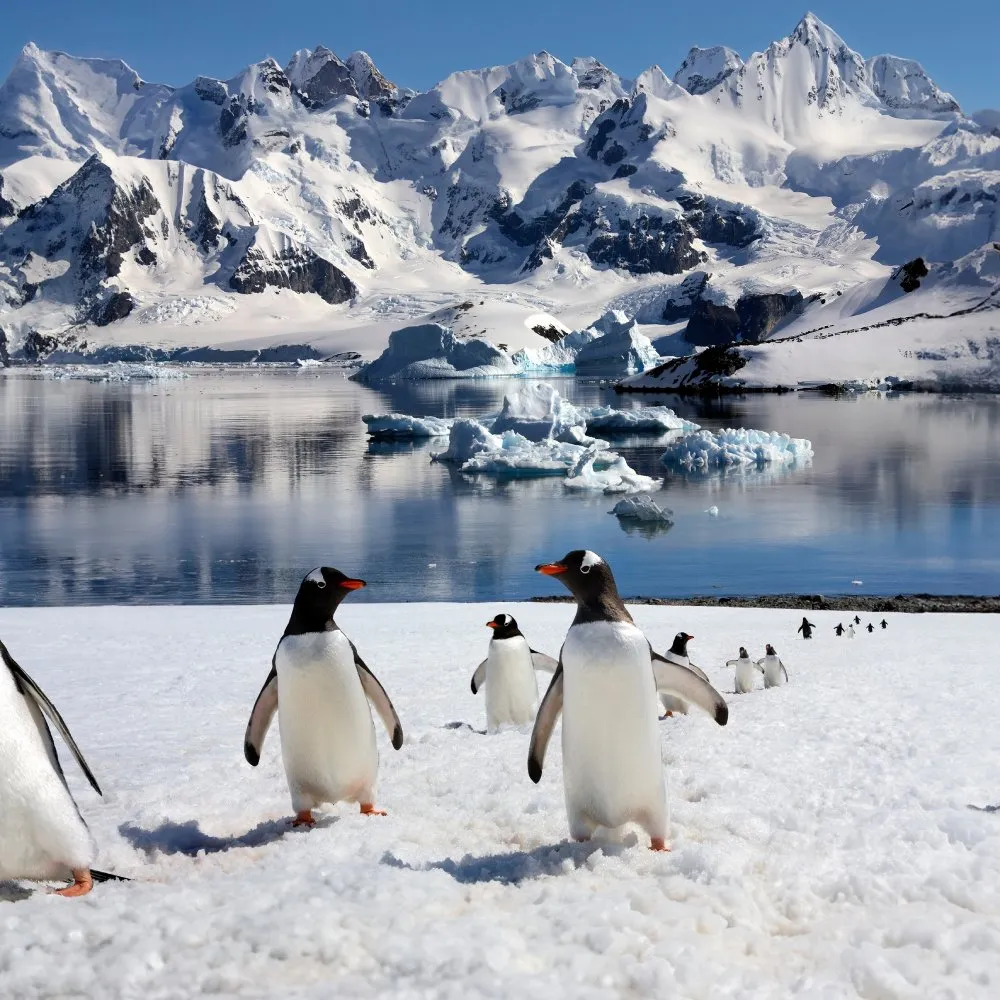
Action
Data, research and guidance are great! But we need action, and we need it now to create a more sustainable future for Travel & Tourism. Below are some of our top sustainable tourism initiatives:
- Hotel Sustainability Basics - Discover our programme to improve hotel sustainability through 12 fundamental actions.
- Nature Positive Vision for Travel & Tourism: Positioning T&T as a Guardian of Nature - Gain insights, guidance and read case studies to learn more about how to protect the natural world.
- WTTC-Greenview Global ESG Policy Tracker - Gain access to the latest ESG policy updates covering national and state level, along with quarterly regional and thematic policy summaries.
Key Sustainability Publications
Below are some of our key publications on sustainability. You can find more on our Research Hub.
ON-DEMAND WEBINAR
Webinar: Fuelling the Future of Travel
Watch this 90-minute webinar recording, where we explored the transformative potential of sustainable fuels and their importance to Travel & Tourism businesses.

Related Events and Webinars
Here are our webinars and events that are related to sustainability:

